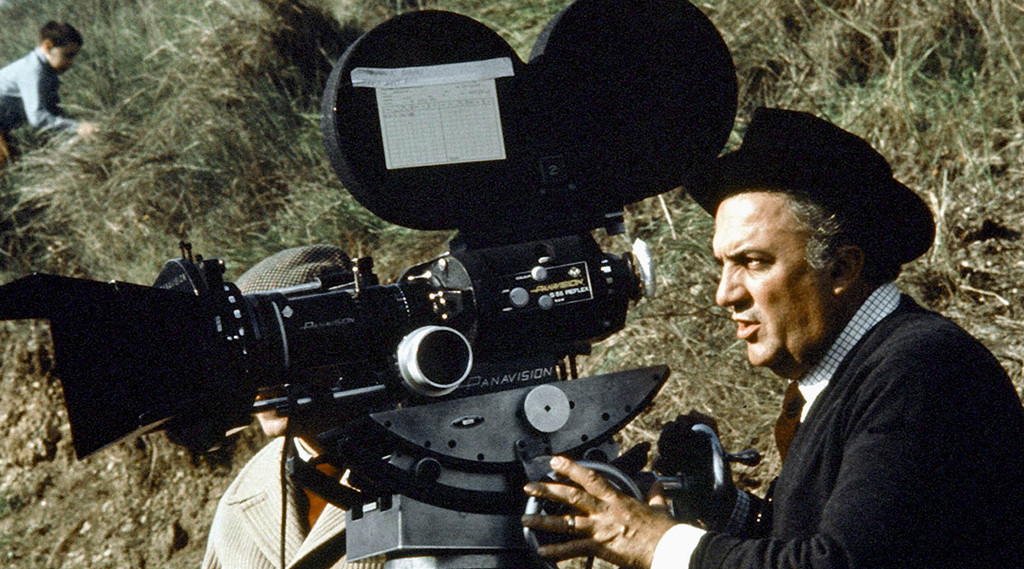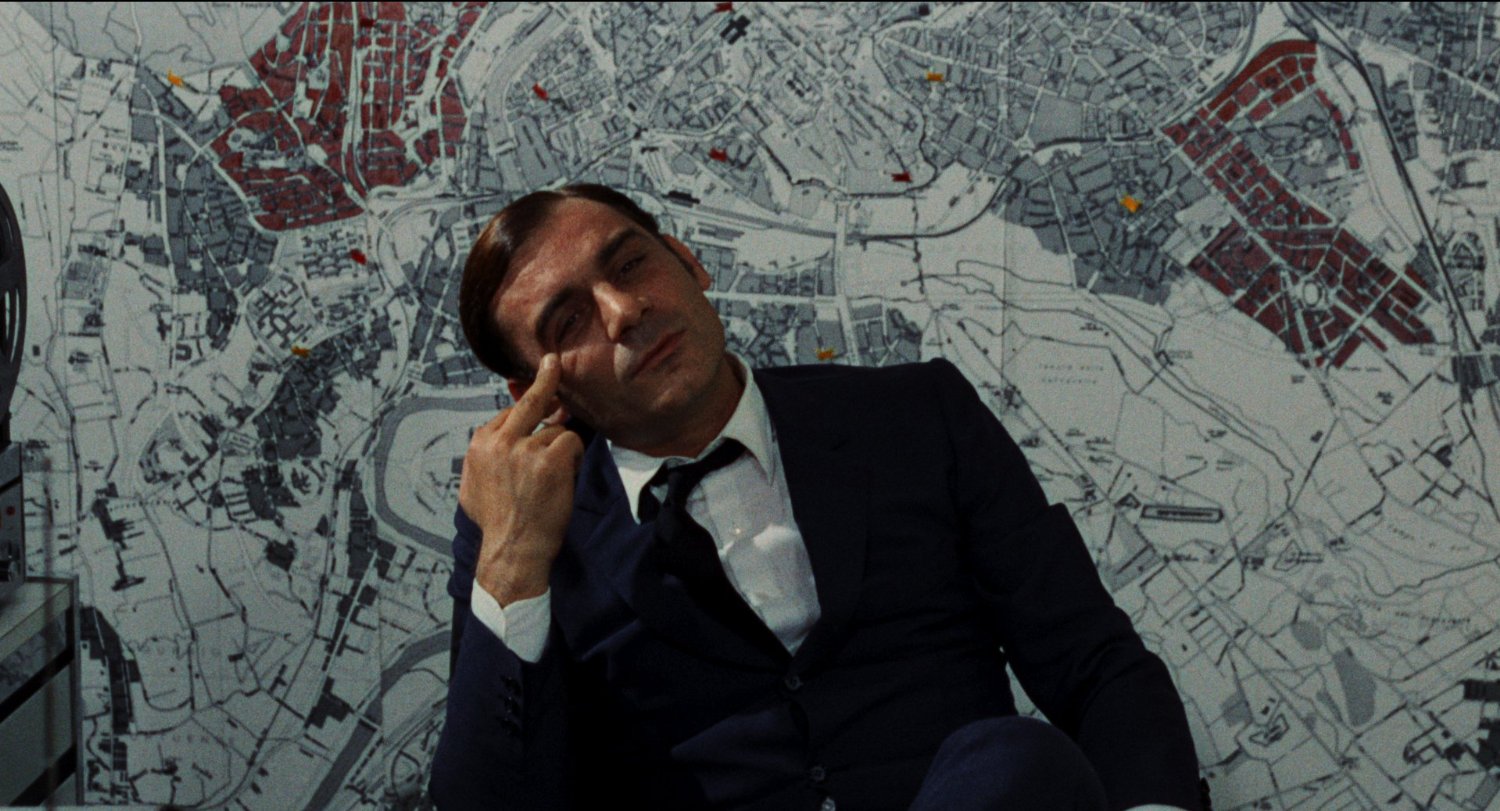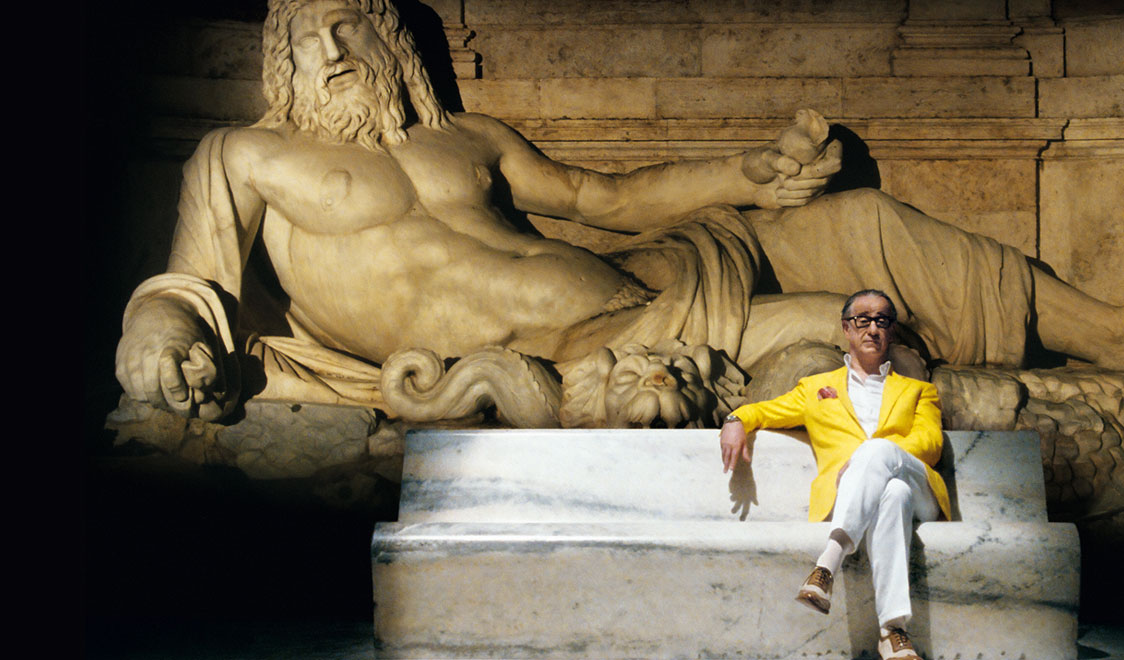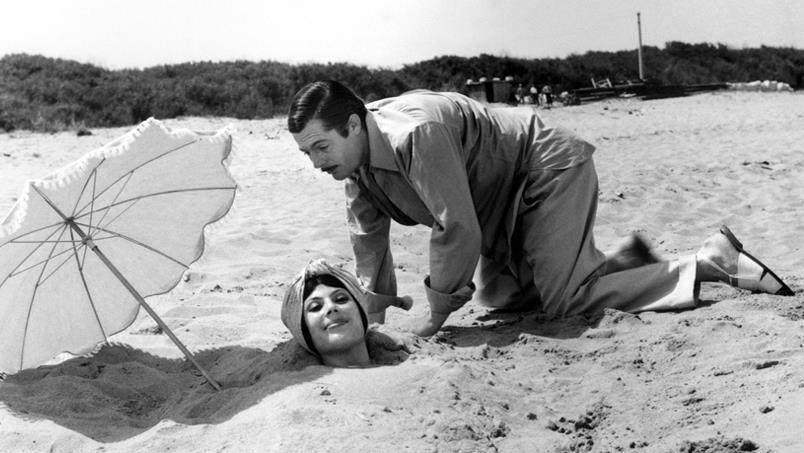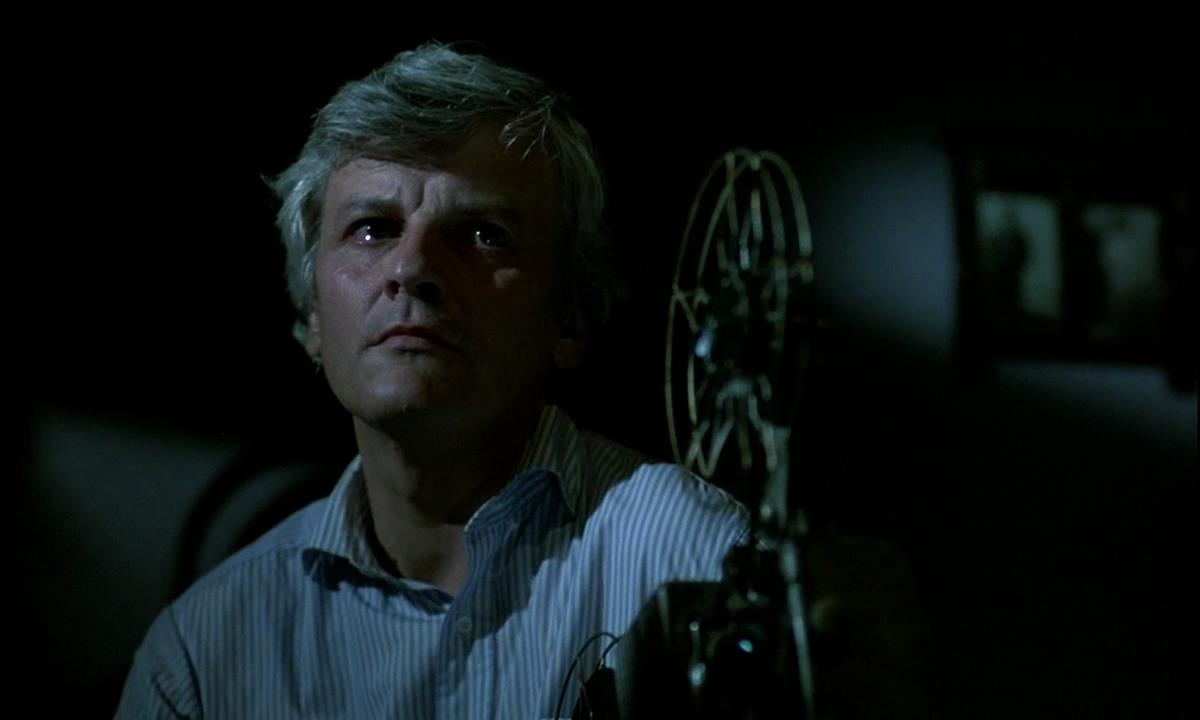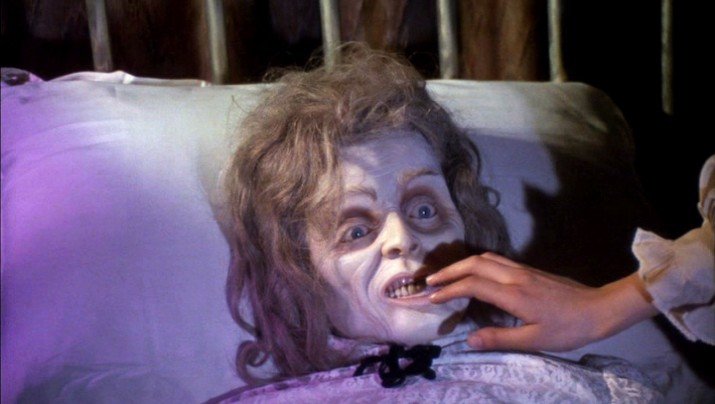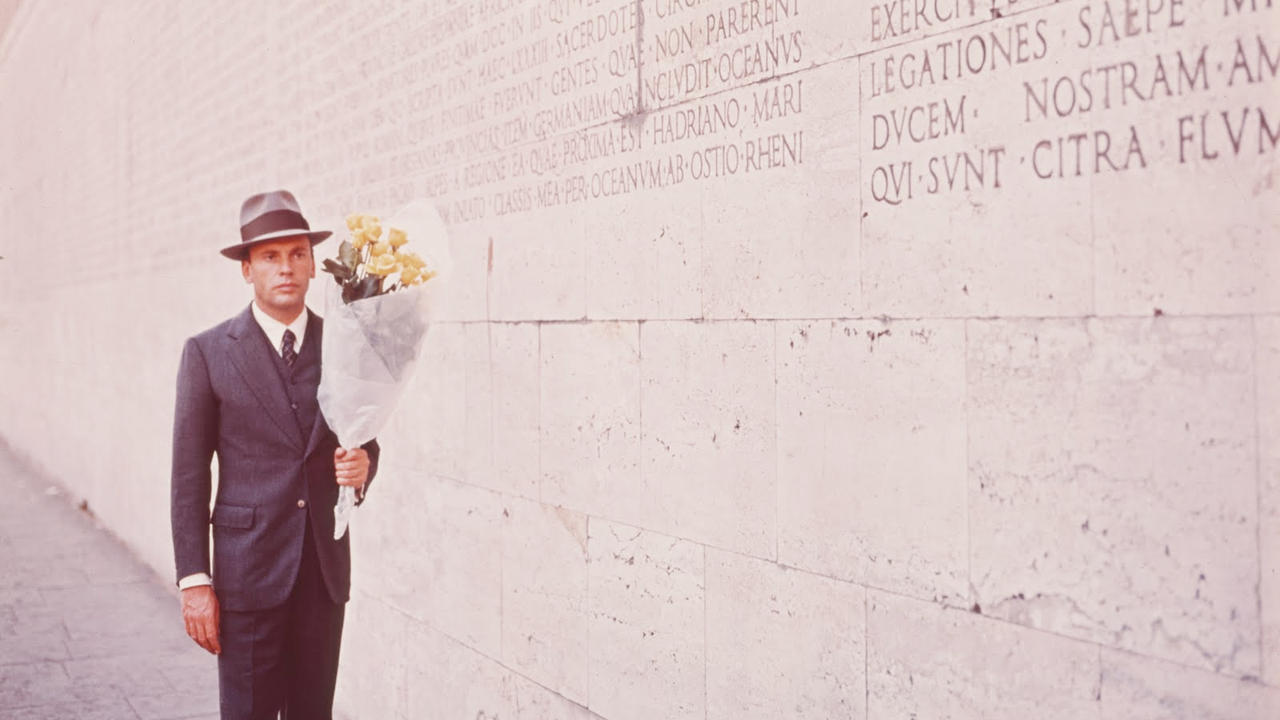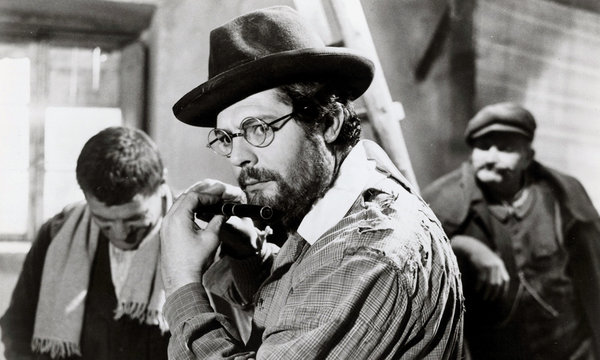Since the early years of cinema, Italian filmmakers have been at the forefront of the international film scene, working to promote and innovate the medium. From the experimental silent films, Italian cinema evolved and invented a new genre of neo-realism through which they created some of the most emotionally powerful and raw films ever made.
Drawing upon the experiences of Italian citizens and the class struggles between their people, especially during wartime, the filmmakers of Italy captured deep insights into the complexities of society and humanity. The surge of important films from the neo-realists not only placed Italy as one of the world’s top cinematic nations but inspired film styles across the globe.
Following neo-realism, Italian filmmakers branched out in more ambitious directions. Some directors ventured into the extensively formalist style of filmmaking with big plots, big productions and epic runtimes. Others became earned their fame through their experimental, and often controversial, films. Many still simply built on their neo-realist background, adding surreal elements to create a fantastical, yet still down-to-earth, environment.
As the 20th century progressed into the 21st and international cinema became more immersive, Italian filmmakers became less defined by their unique styles but have still maintained an active voice in the film world with their creative, profound movies.
15. Elio Petri (1929 – 1982)
Elio Petri is one of those great directors whose success never took off compared his peers, but not due to lack of talent. The politically driven nature of Petri’s films in addition to the fact that his filmography is not large has hindered his popularity over the years, and even to those that have heard of him today he is only known for a handful of films at most.
Of course, not all his films are masterpieces, but many won awards in their time, including the Academy Award for Best Foreign Language Film, and still many others are worth the time due to their creativeness, humour and political commentary.
By far, his greatest and most successful film is the brilliant Investigation of a Citizen Above Suspicion, a dark satirical comedy about the widespread corruption in the Italian government.
The plot follows a high ranking detective who kills his mistress and then plants clues for the police force to easily tie it to him. He finds out, however, that even the most obvious hints will not cause anyone to consider him a suspect, either because of their neglectful skills or because they just don’t want to. Some of his other notable film include The 10th Victim, We Still Kill the Old Way and A Quiet Place in the Country.
14. Paolo Sorrentino (1970 – )
The newest director on this list, Paolo Sorrentino has just seven feature films to his name as of the writing of this article. But with those, Sorrentino has already gathered a huge international following and an array of important awards.
His breakthrough film into the international scene was Il Divo, a biographical film about former Italian leader Giulio Andreotti, following his life and career, most notably his ties to the criminal underworld and how that contributed to his continuum of power. The success of Il Divo brought many new opportunities for Sorrentino, leading to his collaboration with the American superstar Sean Penn for his next interesting film This Must Be The Place.
His greatest film, so far, was his Academy Award winning contemplative drama La grande belleza. Following the flowing, episodic style of classic Italian films like Fellini’s La dolce vita, Sorrentino’s masterpiece follows an aged writer who, having spent most of his life living off of his one early success, wanders around Rome witness various scenes that cause him to reflect on his past wasted decades.
For his most recent film, 2015’s Youth, Sorrentino again teams up with famous movie stars, this time screen legends Michael Caine and Harvey Keitel.
13. Pietro Germi (1914 – 1974)
Now known for his genre-defining comedies of the 1960s, Pietro Germi’s career as a director dates back to the 1940s. In his earlier career, his films were more focused on action-dramas centered around criminals and bandits like In the Name of the Law and The Bandit of Tacca Del Lupo.
These films, while well made and exciting enough have been, for the most part, forgotten in the mix of the scores of similar movies of the era. One of the most important trends in Germi’s films is the focus on the societal standards and importance of public image in Italian society, almost always shown in farcical view.
The first film that helped him stand out as a director was Man of Iron, a drama about a railroad worker who is forced to leave his industrial job and has to learn to cope with the domestic life he ignored for so long.
Five years later Germi created his most successful film, Divorce, Italian Style starring Marcello Mastroianni, which won an Academy Award and, unlike Germi’s previous films, was a hilariously dark comedy. Mastroianni plays an unhappily married man who develops an obsession over his much younger cousin, but in order to pursue her in a socially acceptable way, he must figure out a way to make his devoted wife leave him as divorce was frowned upon.
This film, along with his subsequent, ever darker comedy, Seduced and Abandoned, helped popularize the Italian film scene and popularize it internationally.
12. Giuseppe Tornatore (1956 – )
Besides Paolo Sorrentino, Giuseppe Tornatore is the only other contemporary Italian director on this list, not only in the sense that they are still regularly making films, but that their films have more modern style about them. Unlike Sorrentino, however, Tornatore’s films do not feature experimental or artsy-minimalist plots.
In fact, based on story alone, most of his movies are very old-fashioned, featuring sentimental romantic plots surrounded by a pervasive nostalgia. This properties which some critics call out for making his movies be too formulaic is also, perhaps, his greatest strength adding a magical, warm feeling to his projects.
Tornatore’s most acclaimed and most persisting film is his love-letter to film, Cinema Paradiso. This heart-warming, poignant tale tells the coming of age story of a filmmaker in a small Italian village and his friendship with the local projectionist. Starting with a job splicing reels together to edit out the inappropriate scenes, the young protagonist becomes enamored with the world of moving pictures despite a lack of encouragement from the rest of the town.
Some of Tornatore’s other successes include The Legend of 1900 and Malena and the director is still very active today.
11. Mario Bava (1914 – 1980)
The father of Italian horror, Bava did more than anyone to innovate and popularize the genre, not only building off of the classic “golden age” of horror, but singlehandedly inventing the Italian giallo style, which in turn influenced “slasher” films.
Bava had been involved with cinema since the 1940s, acting as a cinematographer for a lot of sword-and-sandal adventure films. He got his start in the director’s chair while manning the camera for one of the first Italian horror films I Vampiri and the film’s original director dropped out leaving Bava to finish the film. After doing a few more adventure movies like Hercules, Bava changed the horror world with his influential breakthrough Black Sunday, which also launched the career of horror-star Barbara Steele.
Bava’s iconic work stood out for many reasons. He was able to create a very tense atmosphere which helped create some of the most chilling moments in horror. Bava also featured a lot more violent and bloody deaths than most filmmakers at the time did.
In his next big movies, The Girl Who Knew Too Much and Blood and Black Lace, Bava amped up the gratuitous murders and his vibrant style, starting the Italian horror genre known as giallo. His career continued strong until his death and Bava also found success in genres other than horror, such as the action film Danger: Diabolik.
10. Bernardo Bertolucci (1940 – )
Starting out working with director Pier Paolo Pasolini, it’s no wonder that Bertolucci managed to garner his fair share of controversy over his career. Starting his directing career in the 1960s, Bertolucci landed his first success with the rousing Before the Revolution, which showed the director’s attention to detail and brilliant form.
His next big hit, and possibly his masterpiece, was the cinematographic marvel The Conformist, which in addition to brilliant art design, lighting and camerawork also features a gripping plot about a disturbed man who turns on his old friends when pressured by the Fascist government.
Unlike some great directors on this list, Bertolucci’s body of work was not restricted to one genre or one era, with the auteur landing hits consistently throughout his career. In the 2000s, Bertolucci achieved critical success with his film The Dreamers about sexually adventurous students and film lovers. The 1980s saw Bertolucci’s Chinese epic The Last Emperor win nine Academy Awards including Best Director and Best Picture.
His most famous film, or infamous depending on who you ask, was the 1972 film Last Tango in Paris starring Marlon Brando and Maria Schneider. The two play an age-gapped couple who, without telling each other anything about themselves, engage in lots of sex to cope with the recent problems in their lives.
The graphic nature of the film and manipulation of the actors by Bertolucci caused some scrutiny over time, especially after the actors came out condemning the film, but it remains undoubtedly one of the most powerful Italian films of the 1970s.
9. Mario Monicelli (1915 – 2010)
One of the most productive, but also one of the most criminally unknown Italian masters, Mario Monicelli is probably the most influential innovator of the Italian comedy genre.
Starting out in the 1930s writing screenplays and assistant directing, Monicelli made his directorial debut in 1949, collaborating with fellow filmmaker Steno and comedic actor Toto, with whom he worked for eight films. His first masterpiece, however, didn’t come until 15 films later in 1958 with the classic heist film Big Deal on Madonna Street, which also starred a young Marcello Mastroianni. From there, Monicelli became one of the biggest names in Italian cinema.
Some of his other great works, mostly made within the next decade, include the medieval knight’s tale For Love and Gold, the socialist tale of a workers’ strike The Organizer and the dark revenge comedy The Girl with the Pistol. By general critical consensus, his greatest and most powerful film is The Great War, the story of two soldiers whose comedic mishaps during training camp and combat are juxtaposed with the horrors and social contradictions of the war.
Although Monicelli’s fame is lesser than some of the other masters on this list, his hilarious situations and serious undertones make for some of th most enjoyably poignant cinema.
